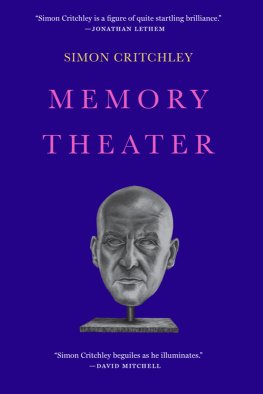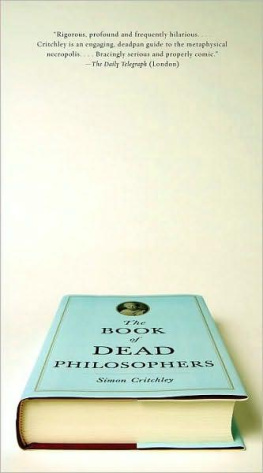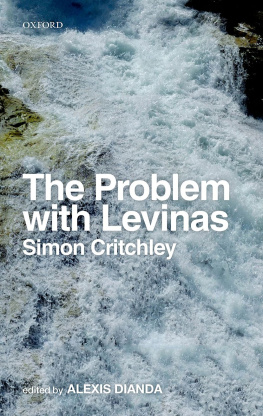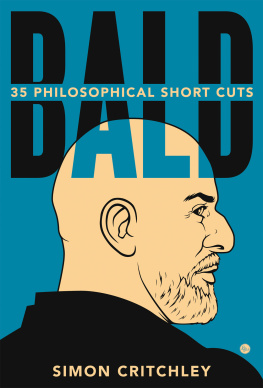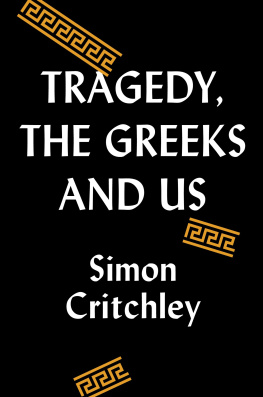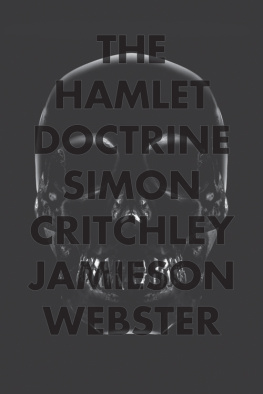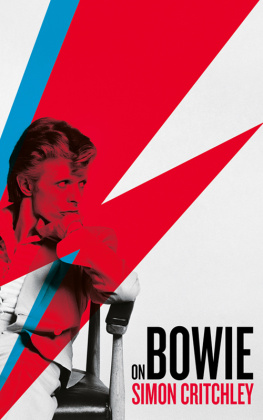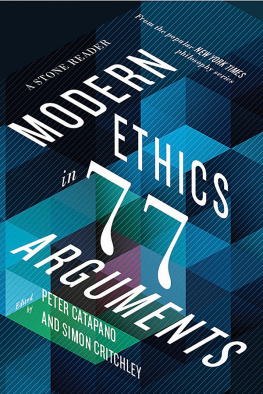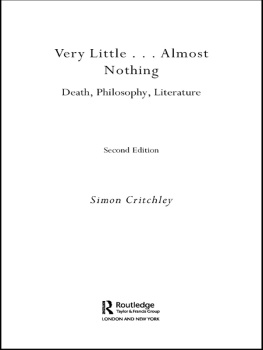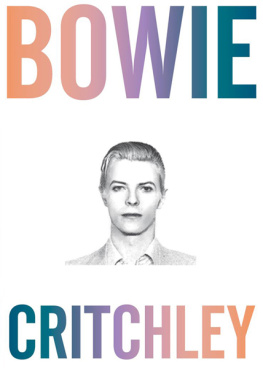Simon Critchley
Memory Theater
I was dying. That much was certain. The rest is fiction.
The fear of death slept for most of the day and then crept up late at night and grabbed me by the throat, making sleep impossible no matter how much alcohol I had drunk that evening. Insomnia had been my clandestine companion for much of my adult life, at least after the accident. But since the discovery of the boxes and the building of the memory theater, it had intensified with the force of an implacable logic: If I was going to die anyway, then why sleep?
Then the bladder game would begin. Teeth brushed and flossed, a confident final piss in the toilet, a few pages of Ulysses perused in the exquisite, cloth-bound 1960 Bodley Head edition, sleep would softly descend only to be interrupted by that vague Alien-like pressure in the lower abdomen. Do I need to piss or dont I? Up and down, to and fro, throughout the night until the terrors of darkness disappeared with dawn. Suicidal and sometimes homicidal thoughts would slowly subside. Sleep would come, but too late.
The next day I would walk around with a thousand invisible tiny lacerations around the eyes and a painfully acute sensitivity to noise that would make the most humdrum tasks hugely cumbersome. This had gone on for three years, ever since the realization and the ever-widening fear. I was exhausted with exhaustion.
I had moved from England to New York in January 2004 to see if my necronautical activities met with a kinder reception in the New World than the indifference I had experienced in the Old. On return to the University of Essex in June of that year, in an effort to clear up and leave my old office, sort through my papers, and finally move my books, a peculiar thing happened.
Semi-hidden in my office, I came across an unfamiliar series of boxes, five of them in a stack, sort of midsized brown book boxes. After I spoke to Barbara, the administrator in the Philosophy Department, it became clear that they were the unpublished papers, notes, and remains of a close friend and former philosophy teacher of mine in France, Michel Haar. They had been sent unannounced by his brother from the sanatorium in which Michel died from a heart attack in the dreadful summer heat wave that swept France in 2003. His death had followed a long bout of neurological, psychological, and indeed hypochondriacal illnesses that had besieged him since taking early retirement from his chair in the Philosophy Department at the Sorbonne and which, indeed, were the cause of his early retirement. Truth to tell, there was always a slightly maniacal death wish in Michel. When he finally received his chair in Paris, the dream of every self-respecting French academic, he incorrectly told everyone he was replacing Sarah Kofman, the great Nietzsche scholar, who had committed suicide on the 150th anniversary of Nietzsches birth. Michel seemed determined to repeat the fate of his supposed predecessor.
I subsequently tried to contact Michels brother Roger, whom Id met once at a dinner in a terrible chain restaurant in Paris (Michel was a cheapskate and didnt care about food). I had his phone number in Strasbourg, but it no longer worked. I sent a letter that was later returned unopened, retour lenvoyeur stamped across it. Michel was divorced and estranged from his wife, Elizabeth, after refusing to have children. Narcissistic to the end. I knew of no other immediate family members. I was left with the perplexity of not knowing why these boxes had been sent to me. Michel had a few devoted students who knew him much better than I did. He didnt really have what you would call friends.
I immediately began to go through the boxes, finding everything within them in apparent disorder, although each box was marked with a sign of the zodiac, from Capricorn to Gemini. The Taurus box was missing. Had it been lost in transit or was there some design at work? The zodiacal signs didnt surprise me, as Michel was possibly the first philosopher since Pico della Mirandola in the late fifteenth century to have a deep commitment to astrology. Like Pico, Michel was a genethlialogist, a maker of horoscopes.
In the box marked Capricorn, I found some absolute gems, such as notes from a lecture on ethics and Marxism by Jean-Paul Sartre at the cole Normale Suprieure in 1959, when Michel was a student. There was also the transcription of a debate between Sartre and several normaliens, including two of my former teachers, Clment Rosset and Dominique Janicaud, and a young, vital, and very Sartrean Alain Badiou. I found Notes de Cours from Louis Althussers class on Montesquieu and Rousseau and the draft of a long dissertation by Michel on ancient materialism, with detailed discussions of Leucippus, Democritus, Epicurus, and Lucretius.
To my complete astonishment, I found the original copies of a triangular correspondence between Jean Beaufret, Jacques Lacan, and Martin Heidegger, which concerned the latters visit to Cerisy-la-Salle on the Normandy coast in 1955 to deliver the lecture Was ist das die Philosophie? the title of which had always made me laugh. Dont know why. Most amusingly, some of the correspondence between Lacan and Beaufret dealt with the topic of what Herr und Frau Heidegger might choose to eat for breakfast chez Lacan during their passage through Paris. Lacan had made complex plans to obtain specially imported Schwarzbrot from the Alsace, together with hard cheeses and ham. Beaufret spends some paragraphs reassuring Lacan that the Heideggers looked forward to nothing better than some croissants, caf crme, and perhaps a little tartine. Beaufret, a tortured, closeted homosexual who spent most of his days in his pajamas, was in analysis with Lacan for five years, and this was the only time that the great psychoanalyst ever appeared to take any interest in him.
I found a large number of more conventional academic manuscripts in the first box, which kept circling back to the problem of nihilism and to Michels lifelong fascination with Heideggers mighty two-volume Nietzsche, based on lectures from the late 1930s, but which had appeared in German in 1961, when Michel was in his early twenties. Heidegger himself and many of his apologists saw these lectures as the place where a critique of National Socialist ideology was being articulated after his fateful and hateful brief tenure as rector of Freiburg University when the Nazis came to power in 1933. I thought that such apologetics were bullshit. For Michel, much more interestingly, what was at stake was the question of the relation between philosophy and poetry, in particular the disclosive possibilities of nonpropositional forms of language, such as verbalized nouns and tautologies: die Sprache spricht, die Welt weltet, and so on, and on. To what extent was Nietzsches wildly inventive, poetic, and polemical thinking contained by Heideggers increasingly strident philosophical critique, which interpreted Nietzsche as the mere inversion of Plato and, ultimately, as a figure for our entrapment in metaphysical modes of thinking rather than a release from them? On this reading, Nietzsche was not the exit from nihilism, but its highest expression, its fulfillment (there was a German word for this there always is but Id forgotten it).
Michel kept coming back, in text after text, to the poetic dimension of Nietzsches language and style as that which might escape philosophy. This line of argument was continued in a series of extraordinary short handwritten papers I found on various poets: Saint-John Perse (Michel had introduced me to his long poem Anabase when I first met him. I still read it with T. S. Eliots translation), Francis Ponge (an essay on the descriptive prose poems in

